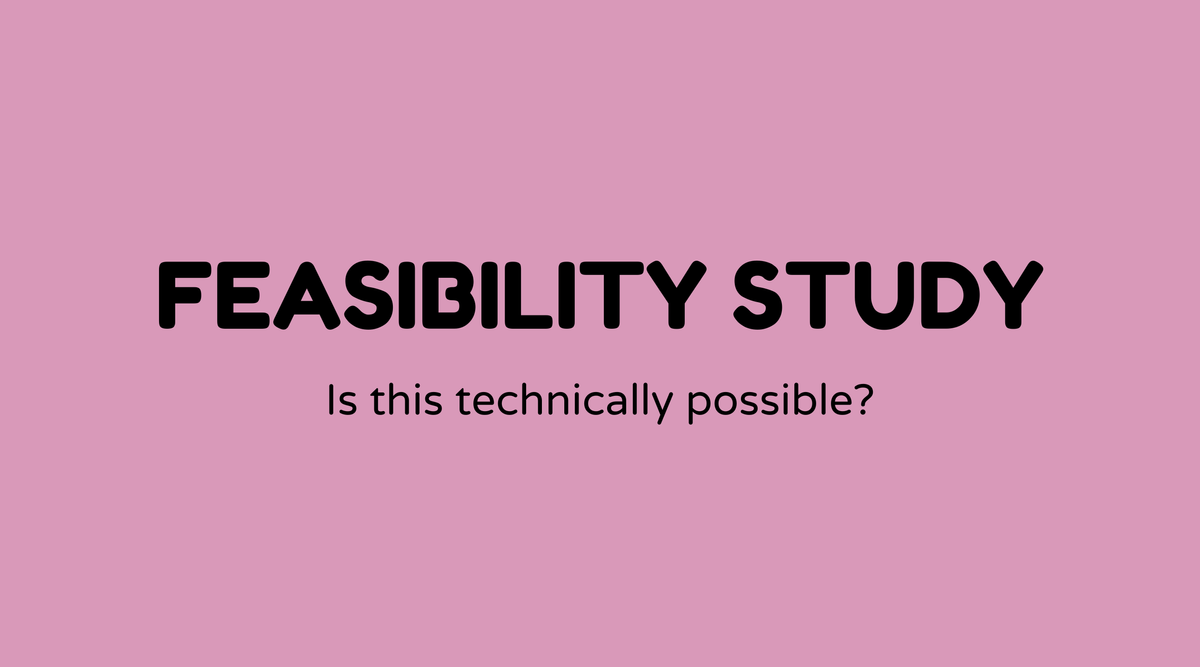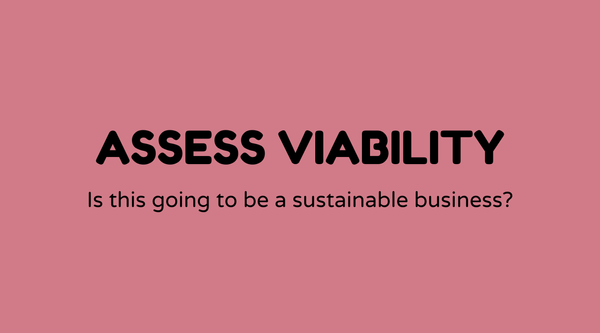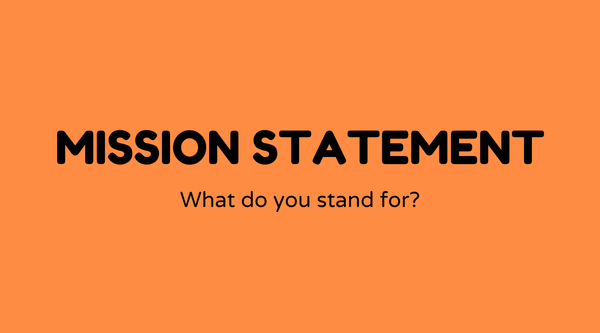Feasibility Study

Overview of Feasibility Study
Before engaging in a new project, it is essential to conduct a Feasibility Study. This process helps determine if your idea is sensible from economic, technical, and legal perspectives. It involves thorough analysis, allowing you to decide whether to proceed with the project or find an alternative approach. Not only does this save time, but it also helps prevent unnecessary investment in unsuccessful endeavors.
Importance of Feasibility Study
Projects frequently fail because potential issues go unnoticed. A well-executed feasibility study highlights these latent challenges. It aids in assessing the advantages and disadvantages and determining if the project warrants your resources. Moreover, it clarifies timelines, costs, and anticipated results.
Definition of a Feasibility Study
At its essence, a feasibility study is a thorough examination of the viability of a proposed project. It's akin to a roadmap that shows your current position and destination, indicating both obstacles and clear routes along the way. This study generally involves a variety of assessments—technical, economic, legal, operational, and scheduling.
- Technical feasibility: Assesses if the required technology is accessible and appropriate.
- Economic feasibility: Examines the cost-effectiveness and potential profitability of the project.
- Legal feasibility: Investigates any legal restrictions and compliance factors.
- Operational feasibility: Evaluates the possibility of integrating the project with current operations.
- Schedule feasibility: Considers if the project timeline is realistically attainable.
Steps to Conduct a Feasibility Study
Starting a feasibility study can seem overwhelming, but it is necessary. Here’s a straightforward guide to simplify the process:
- Preliminary Analysis: Initiate with a brief overview to pinpoint possible challenges.
- Define the Scope: Clearly articulate what you intend to achieve.
- Conduct Market Research: Collect information about your industry, competitors, and target audience.
- Financial Projections: Estimate the project's costs against anticipated benefits or returns.
- Technical Requirements: Specify the technology, equipment, and resources needed.
- Review Legal Aspects: Ensure adherence to relevant regulations and laws.
- Assess Risks: Identify potential risks and devise strategies to address them.
- Present Your Findings: Summarize the information, emphasizing key insights and suggestions.
Examples of Feasibility Study
- Tech Industry: Assessing the rollout of a new software tool through an analysis of market demand, technology needs, and costs.
- Real Estate Development: Evaluating location viability, expected revenue, and construction expenses.
- Retail Business Expansion: Investigating potential new market locations, customer demographics, and competitive analysis.
FAQs
What is the main goal of a feasibility study?
The primary purpose is to assess whether a project is viable and worth pursuing by analyzing its likelihood of success and associated risks.
How long does it take to conduct a feasibility study?
This timeline varies based on project complexity, ranging from weeks to months.
Do all businesses need a feasibility study before launching a project?
Not all businesses require one, but it is strongly advised for projects with significant investments or those venturing into new markets.
What are common challenges in conducting a feasibility study?
Challenges include data availability, accurately forecasting future trends, and accounting for every possible variable.
Can a feasibility study guarantee project success?
No, but it considerably lowers the chances of failure by aiding in informed decision-making.
How does a business plan differ from a feasibility study?
A feasibility study determines if an idea is practical, while a business plan outlines the approach for executing the practical idea.



